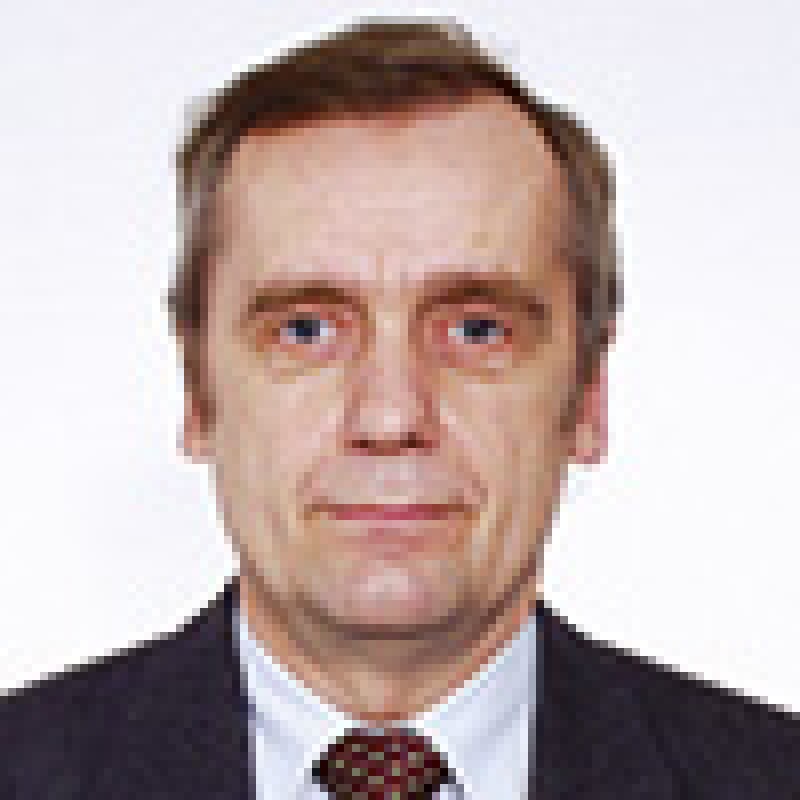Usually people are concerned with what they have inside their head rather than outside. We are used to the knowledge that inventions push forward technology and open new ways to human progress. Sometimes it happens otherwise.
An applicant filed a patent application number 2013123267 for a method of training of geometrical haircut. Taking scissors to hair can be an exercise in creativity and this is what happened in this case. Inventive stylists are always forging ahead in their search for new haircut designs. The application in question describes a method of geometrical cutting of hair which includes performing a technological process of cutting hair on a dummy head characterised in that the instructor divides the technological process of haircutting into simple operations and shows to the trainee how the first haircutting operation is performed. The trainee repeats this operation during not more than 10 minutes. Further, the instructor performs the next simple operation and the trainee immediately after the demonstration also performs both operations within not more than 10 minutes. Further, the instructor shows the third simple operation and the trainee immediately shows all three operations during 10 minutes, and so on until the hair cutting process is complete. Predictably, the Patent Office refused the grant of a patent. The refusal was explained by the fact that the claimed proposal was not an invention in the understanding of Article 1350 of the Civil Code. The features of the claims characterise more the rules and methods of intellectual activity and rules and methods of economic activity.
The decision of the Patent Office was appealed unsuccessfully. The collegium of the Patent Office experts pointed out that proposals of this kind should be checked for the technical result which should characterise technical effects, properties, etc manifested during the implementation of the method or in manufacture or use of the product obtained by the patented method. The result obtained in this case shall not be considered as being technical because it is obtained only by observing a certain sequence of operations on the basis of the rules agreed between the parties.
Specifically, the claimed solution contains a description of actions performed by the instructor and by the trainee on the dummy head. The sequence of actions has as its aim the processing and digesting of information received from the instructor by the trainee. The claims teach that the instructor divides the whole process into simple operations and shows to the trainee how to perform them correctly. The trainee repeats the operations immediately after being shown those operations by the instructor.
The operations are performed on the dummy head however the structure of the head is not changed during realisation of the claimed method, only the outer appearance of the head is changed because of operations performed on it by both the instructor and the trainee. The dummy head is an auxiliary medium for mental exercise/education.
The proposed solution is aimed at improving efficiency and speed of training. These qualities however depend on the individual qualities of a person, such as how quickly he may absorb information he is taught and what his psychological status is at this moment.
Hence the claimed solution has no technical result, it only establishes the rules of mental activity having as a result education of the trainee.
Indeed, technical progress has little to benefit from such inventions.

|
Vladimir Biriulin |
Gorodissky & PartnersRussia 129010, MoscowB. Spasskaya Str25, stroenie 3Tel: +7 495 937 6116 / 6109Fax: +7 495 937 6104 / 6123pat@gorodissky.ru www.gorodissky.com










